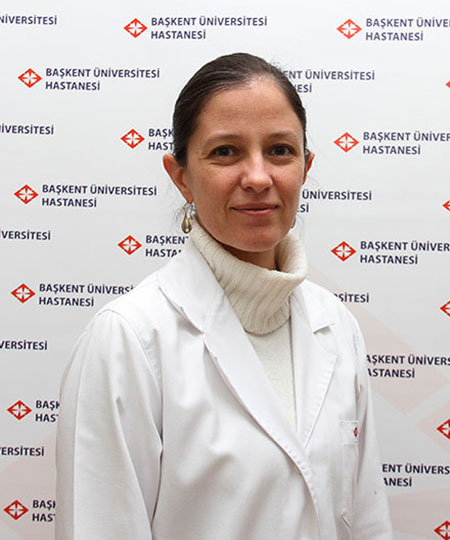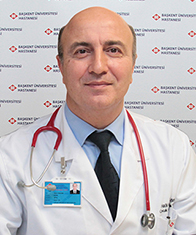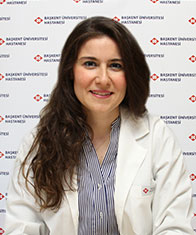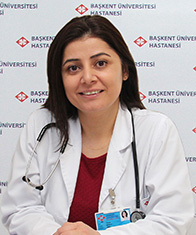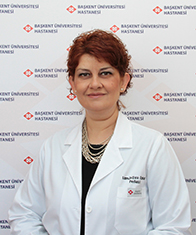General Pediatrics
The Division of General Pediatrics was one of the founding outpatient division in the Department of Pediatrics. General Pediatrics division comprises of newborn health, infant’s, children’s, adolescent health and emergency diseases.
Department is organized in order to render diagnosis, treatment and protective health services to infants and teenagers within 0-18 age range. Physical examination, diagnosis and treatment is rendered by experienced pediatricians,
Protective and complementary health services including such as well child examination, routine childhood and adolescent health controls.
Private Baby's of Baskent University
A well-baby exam involves measurements, vaccines and an evaluation of your baby's development.
Well-child exams, or regular checkups, are an important way to monitor your baby's growth and development. These exams also provide an opportunity to develop a relationship with your baby's doctor.
Your baby's doctor will likely recommend the first well-baby exam within three to five days after birth, or shortly after you're discharged from the hospital.
Your baby will be involved some screening programs such as newborn metabolic screening before discharging and post natal 5-7 days old. Another important screening program is hearing. All babies should be screened for hearing loss no later than 1 month of age.
Additional well-child exams will be needed every few weeks and later months for the first year. In some cases, the baby's doctor might want more frequent checkups.
A well-baby exam usually begins with measurements. You'll need to undress your baby so he or she can be accurately weighed on an infant scale. Length will be measured by placing your baby on a flat surface and stretching his or her legs out. A special tape will be used to measure his or her head circumference.
The measurements will be plotted on a growth chart to determine your baby's growth curve. This will help determine if your baby is growing normally and show how his or her growth compares to other children of the same age.
Head-to-toe physical examination is applied by your baby's doctor in every checkups.
Your baby's motor skills and development are important, too. Your baby's doctor evaluate your baby's motor skills and development depending on his/her age in every checkups.
Your baby will need various vaccines at well-baby visits. During each injection, the doctor will instruct you on how to hold your baby and help keep him or her still. Afterward, hold your baby, talk, sing, breast-feed or offer your baby a bottle to help soothe him or her.
During the appointment, your baby's doctor will likely ask how things are going. Be ready to describe a typical day with your baby.
In addition, your baby's doctor might ask questions about your family's home life and medical history. The doctor might also discuss safety issues, such as placing your baby to sleep on his or her back and using a rear-facing infant car seat. Although breast milk or formula will be the main part of your baby's diet throughout the first year, you'll also talk about when to introduce solid foods.
Acutely Ill Child Examination
All kinds of acutely ill child evaluation and treatment can perform in our general pediatrics outpatient clinic and pediatric emergency unit by experienced pediatricians.
Pediatric Emergency Department
The doctors, nurses, technicians and other health care professionals at Baskent University Children’s Emergency Department (ED) are experts in providing care for infants and children facing emergency medical needs. We see more than 50,000 patients each year for conditions such as appendicitis, broken arms and legs, respiratory illness and traumatic accidents. Our health care professionals provide exceptional care and services using the latest in technology and medical advancements with diagnostic and treatment tools designed specifically for use in children.
